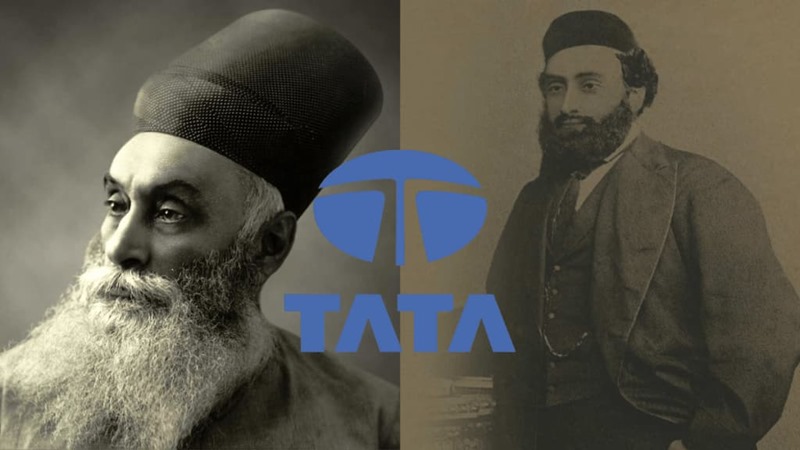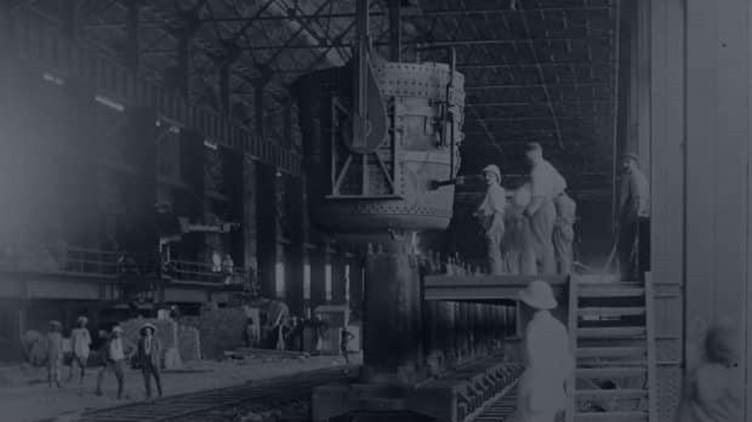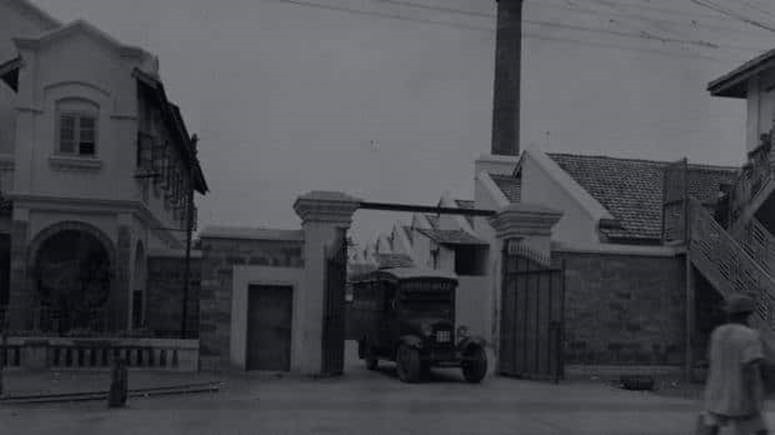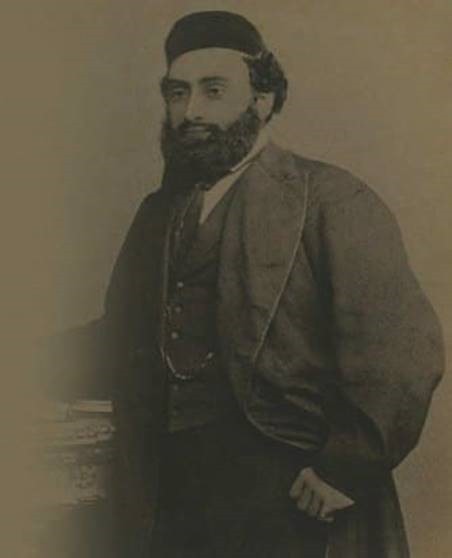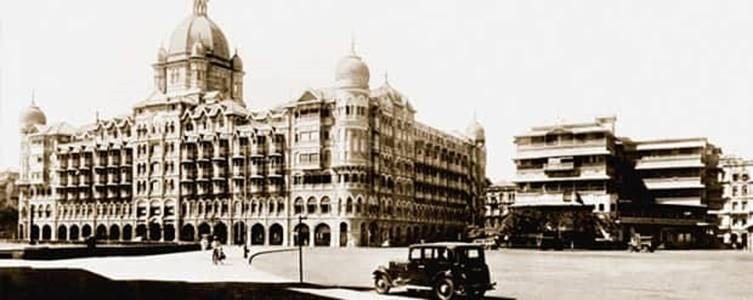From the 1880s until his passing in 1904, Jamsetji devoted himself to three transformative ideas: establishing an iron and steel company, generating hydroelectric power, and founding a world-class educational institution.
Jamsetji Tata and the founding story/ Source: Tata Group
The journey of the Tata Group, India’s foremost industrial conglomerate, is a testament to the visionary leadership of its founder, Jamsetji Tata. Born in 1839 in Navsari, Gujarat, Jamsetji’s upbringing may not have hinted at the extraordinary legacy he would create. However, from a humble beginning in the 1870s, he laid the foundation for a conglomerate that would transform India’s industrial landscape, inspire technical education, and propel the nation towards becoming an industrial powerhouse.
Early life and entry into business
Jamsetji Tata was raised in a family of Parsee priests, where business was a departure from tradition. His father, Nusserwanji Tata, broke the mold by venturing into business, a move that would influence young Jamsetji. At the age of 14, he joined his father in Bombay and pursued a liberal education at Elphinstone College, fostering a deep admiration for academics and a passion for reading. However, the call of business soon took precedence in his life, plunging him into the challenging world of commerce.
Entrepreneurial beginnings amidst colonial challenges
Jamsetji’s entrepreneurial journey commenced at a time when colonial rule had engendered passive despair among Indians. In 1868, at the age of 29, he founded a trading company with a capital of Rs 21,000, embarking on a path that would lead him to England to learn about the textile industry. His conviction that Indian companies could challenge British dominance in textiles spurred him to convert a bankrupt oil mill into the Alexandra Mill in Bombay in 1869.
Source: Tata Group
A vision for India: empress mills in Nagpur
Jamsetji’s vision extended beyond conventional wisdom. He believed in maximizing his chances for success by considering crucial factors—proximity to cotton-growing areas, railway access, and abundant resources—in selecting the location for his textile venture. In 1877, the Empress Mills came into existence in Nagpur, a bold move that defied the prevailing orthodoxy of Bombay as the textile hub.
Source: Tata group
Pioneering worker welfare and empowerment
At Empress Mills, Jamsetji pioneered worker welfare initiatives, setting a precedent that was unheard of at the time. His commitment to creating a conducive work environment for employees foreshadowed his broader mission of nation-building.
Three great ideas: Iron and steel, hydroelectric power, and education
From the 1880s until his passing in 1904, Jamsetji devoted himself to three transformative ideas: establishing an iron and steel company, generating hydroelectric power, and founding a world-class educational institution. These dreams would become cornerstones of India’s industrial and educational progress.
The steel project: Triumph over adversity
Jamsetji’s steel project faced numerous challenges, including skepticism and ridicule. Still, his unwavering determination and the efforts of his successors, such as Dorabji Tata and Ratanji Tata, eventually led to the establishment of the Tata Iron and Steel Company in 1912, eight years after his passing.
Source: Tata group
Legacy and continuation of his dreams
Jamsetji’s legacy transcended his business success. He established the JN Tata Endowment Fund to support Indian students pursuing higher education abroad, an initiative that continues to empower young minds. The Taj Mahal Hotel, a dream for India, opened in his lifetime, a testament to his dedication.
On December 16th, the Taj Mahal Hotel will welcome its first guests. Jamsetji had many hopes for India, but this was the only one that would be realized during his lifetime.
Upon Jamsetji’s passing in 1904, his son Sir Dorabji Tata took up the mantle of realizing his father’s grand vision for India. He became the Chairman of the Tata Group, ensuring that the legacy of progress and philanthropy endured.
Jamsetji Nusserwanji Tata was not merely an industrialist; he was a visionary who harnessed wealth as a tool to enrich India and its people. His remarkable journey, from a textile mill in Nagpur to pioneering steel production and promoting education, continues to inspire generations. Jamsetji’s legacy endures in the form of the Tata Group, an embodiment of his dreams and a beacon of industrial and educational progress in India. His story is a testament to the power of determination, vision, and unwavering commitment to a brighter future.

